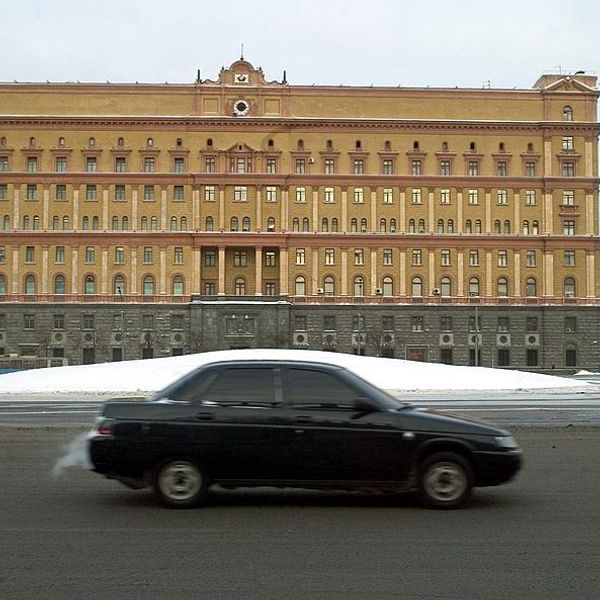Bottom Line Up Front
- On October 9, Turkey launched a cross-border offensive into northern Syria using airstrikes, artillery bombardments, and a ground invasion against Kurdish positions.
- The United States and Turkey have never agreed on Washington’s strategy of fighting the Islamic State by arming the Kurds.
- The abrupt decision by President Trump to draw back the already modest U.S. troop presence gave the green light to Ankara to attack the Kurds.
- From control of Islamic State detention camps to demographic changes, sustained conflict between Turkey and the Kurds in Syria will have tremendous implications for stability and security in an already volatile region.
The last 72 hours has witnessed a dramatic withdrawal of U.S. influence in northern Syria. The abrupt announcement by U.S. President Trump that he was withdrawing military personnel from embedded positions with the Kurdish-majority Syrian Democratic Forces (SDF) near the border with Turkey set the stage for Ankara’s invasion on Wednesday. The decision generated a rare rebuke from Republican lawmakers, including Senator Lindsey Graham, who strongly objected to the abandonment of the Kurds and forfeiting critical ground in Syria, an opportunity that U.S. adversaries will undoubtedly capitalize upon. To date, Kurdish forces have done the bulk of the fighting against the so-called Islamic State in Syria and lost an estimated 11,000 fighters in the years-long campaign to roll back the territorial gains of the terrorist group. Training, equipping, and assisting those Kurdish forces has been a primary mission of the U.S. military inside Syria. With the Turkish invasion, Kurdish fighters have ceased operations against remnants of IS militants.
The United States and Turkey have never agreed on Washington’s strategy of fighting the Islamic State by arming the Kurds. Ankara has long viewed Kurdish groups as more of a direct threat to Turkey than IS. Erdogan has repeatedly warned the United States that Turkey would not tolerate a Kurdish military presence on its southern border. Turkey views any Kurdish entity as part of the Kurdistan Workers’ Party (PKK), which has been in conflict with the Turkish government for decades. The presence of U.S. troops, even if small in number, was specifically intended to deter Turkish attacks on the SDF and other Kurdish forces. Once those U.S. troops were ordered to pull back, Turkey wasted little time in launching an offensive, which was facilitated by an agreement referred to as the 'security mechanism,' wherein Kurdish defensive outposts were dismantled in exchange for promises of joint patrols and other cooperative measures.
On October 9, Turkish President Erdogan announced the start of ‘Operation Peace Spring’. On Twitter, Erdogan wrote ‘The Turkish Armed Forces, together with the Syrian National Army, just launched #OperationPeaceSpring against PKK/YPG and Daesh terrorists in northern Syria.’ By lumping together the U.S.-backed SDF forces as ‘PKK/YPG’ and then mentioning these groups alongside ‘Daesh terrorists,’ Erdogan intended to demonstrate Turkey’s commitment to crushing the prospects of a semi-independent Kurdish entity on its border. The United States always lacked significant leverage in Syria but even its modest troop presence did confer some legitimacy, at least until the recent repositioning. Moscow will now look to convince Ankara that it can be a trusted partner in sorting out the current quagmire, further increasing Putin’s influence in Syria. Turkish F-16s are now conducting airstrikes in Tel Abyad and Ras al-Ayn, along with artillery bombardments and a ground invasion. The situation is chaotic and accurate reporting has been inconsistent, particularly since Kurdish communication towers have been knocked offline. Multiple civilian deaths have already been reported and will inevitably increase.
Erdogan stated the offensive was intended to prevent ‘the creation of a terror corridor across our southern border and to bring peace to the area,’ although it remains unclear just how far Turkey will go in terms of pressing the offensive. Some analysts expect this current operation to last for several months. Turkey envisions creating a ‘safe zone’ for the return of over hundreds of thousands of Syrian refugees who currently reside in Turkey. The United States had been in lengthy and complicated talks with the Turks over this safe zone, with the issue of the Kurds often proving the most delicate. Now it appears, regardless of statements by the United States that it has not abandoned its erstwhile allies, that Turkey has been given the operational space to shape the conditions of the ground, although mixed messages continue to emanate from the White House. Turkey plans to send back untold numbers of Syrian refugees that Ankara has supported, which will likely alter the demographics of the border region, an issue that could reverberate throughout the region for years to come and almost guarantees ethnic conflict and sectarian grievances in the future.











